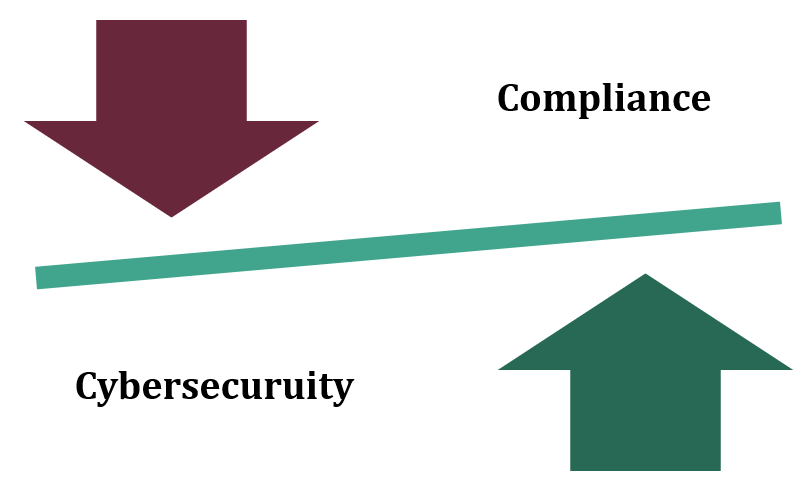What Is an Information Security Program & Why Your Business Needs One
Simply put, an information security program is a structured set of policies, procedures, and technical safeguards designed to protect sensitive data from unauthorized access, theft, or destruction. Whether you're handling personal, business, employee, or customer information, protecting that data is essential to maintaining trust and avoiding costly business disruptions.
An effective information security program acts as your roadmap to resilience, helping reduce the risk of security incidents and ensuring your business can operate smoothly—even in the face of cyber threats.
Core Components of an Information Security Program
A well-rounded program includes three key categories of safeguards:
Administrative Safeguards - Policies, procedures, risk assessments, data governance, and training that define how people interact with sensitive information.
Technical Safeguards - Tools and technologies that prevent, detect, and respond to unauthorized access and cyber threat activity.
Physical Safeguards - Measures like building access controls, secure storage for physical records, and surveillance systems to protect your physical environment.
Why It Matters: Benefits of a Security Program
Implementing an information security program offers significant advantages:
- Protects sensitive data from breaches and loss
- Reduces the likelihood and cost of security incidents
- Helps meet regulatory and compliance requirements
- Builds trust with customers, employees, and partners
- Fosters a strong security culture across your workforce
- Clarifies roles and responsibilities for data protection
It Doesn’t Have to Be Complicated
Your business may already have many of these elements in place—but formalizing them into a cohesive program can be challenging when you're juggling competing priorities.
At Cyber Risk Navigator, CyberRN specializes in building reasonable, affordable, and appropriately sized information security programs tailored to your business’s size, industry, and regulatory landscape.
Ready to build a security program that fits your business? Cyber Risk Navigator can help you take the next step—reach out today for a free consultation.



